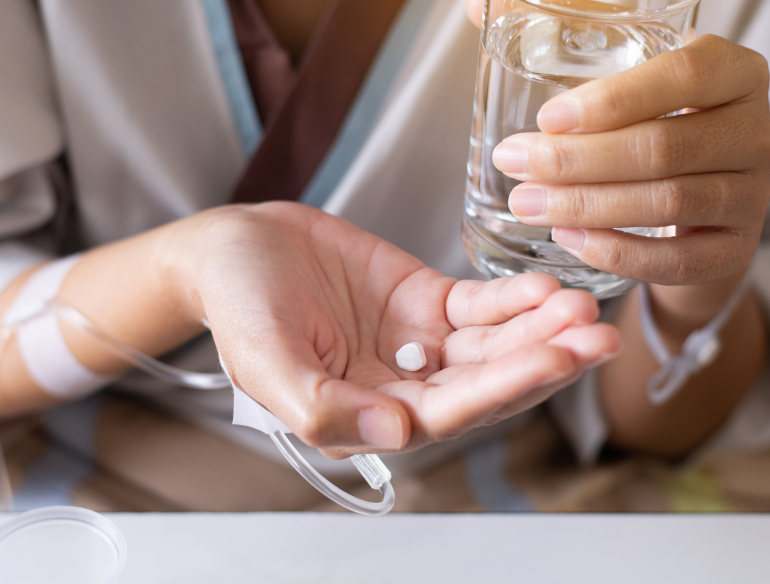COVID-19 is a respiratory disease caused by a novel coronavirus (SARS-CoV-2). While most cases are mild or asymptomatic, progressive disease can result in hospitalisation, requirement for mechanical ventilation, and substantial morbidity and mortality. While the most common mode of disease progression is progressive respiratory failure, other severe complications including thrombosis and ischemia are increasingly recognised. Standard-of-care is rapidly evolving. It may be that viral replication leads to extensive tissue damage and inflammatory responses in the lungs and other organs before the development of neutralising antibodies. Augmentation of the humoral immune response to SARS-CoV-2 infection using passive immunotherapy to SARS-CoV-2 in hospitalised patients with moderate to severe COVID-19 may improve the disease course and reduce the time to recovery.
Investigational agents suitable for testing in the inpatient setting will be prioritised based on in vitro data demonstrating activity against SARS CoV-2 entry or replication, preclinical data, phase I pharmacokinetic and safety data, and clinical data from other ongoing trials. The protocol will initially focus on agents for which there is a hypothesised benefit from passive immunisation including use of neutralising monoclonal antibodies.
Investigational agents suitable for testing in the inpatient setting will be prioritised based on in vitro data demonstrating activity against SARS CoV-2 entry or replication, preclinical data, phase I pharmacokinetic and safety data, and clinical data from other ongoing trials. The protocol will initially focus on agents for which there is a hypothesised benefit from passive immunisation including use of neutralising monoclonal antibodies.
At the outset of the phase III trial for each investigational agent, only participants in disease severity stratum 1 will be enrolled. This more restricted enrollment will continue until approximately 300 participants are enrolled. Prior to expanding enrollment to include people in disease severity stratum 2, a pre-specified futility assessment by the DSMB will be carried out using two ordinal outcomes (see below) that are assessed at day 5. This early futility assessment is designed to ensure some minimal level of activity for agents for which enrollment continues to the planned sample size of the phase III trial.
Participants will be followed for 18 months following randomisation. Primary and most secondary outcomes will be collected during the first 90 days of follow-up only. Follow-up beyond 90 days is planned because the half-lives of some agents indicate that potentially meaningful amounts may remain in the body after 90 days of follow-up. During the follow-up between 90 days and 18 months hospitalisations and deaths will be ascertained.
INSIGHT: University of Minnesota Statistical and Data Management Center (SDMC) in collaboration with four International Coordinating Centers (ICCs) of the INSIGHT Network: Centre of Excellence for Health, Immunity and Infection (CHIP), Rigshospitalet, University of Copenhagen - Copenhagen, Denmark; Medical Research Council (MRC) Clinical Trials Unit at University College London (UCL) -London, United Kingdom; The Kirby Institute, University of New South Wales - Sydney, Australia; The Institute for Clinical Research at the Veterans Affairs Medical Center - Washington, D.C., United States of America.
This treatment study (~147 sites globally) is a collaboration of INSIGHT and four other research networks: AIDS Clinical Trials Group (ACTG), Cardiothoracic Surgical Trials Network (CTSN), Prevention and Early Treatment of Acute Lung Injury (PETAL) and the US Department of Veterans Affairs (VA). INSIGHT was selected by the ACTIV mAb Master Protocol Steering Committee, Foundation for the National Institutes of Health, as the lead network for the trial.
Funded by the National Institute of Allergy and Infectious Diseases (NIAID), National Institutes of Health (NIH), Bethesda, Maryland, USA.

